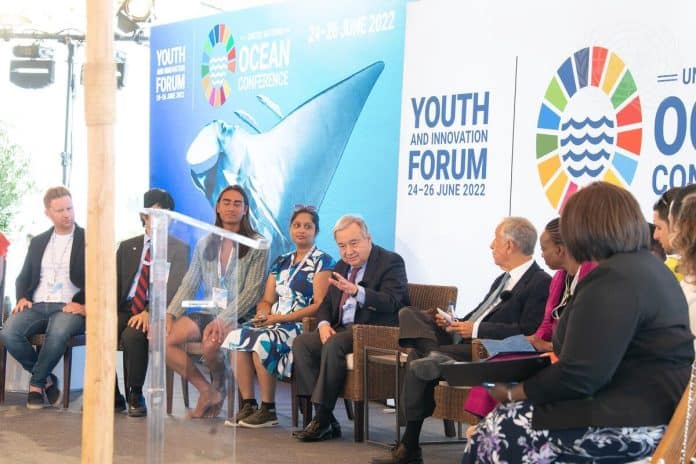Youth are gaining more and more power in the Nordic countries. Thorough the 21st century, young age records have been set in all Nordic countries’ parliaments. In Norway, the average parliamentary representative is now 45 years old and thus also the youngest in the Nordics. August 12 is the International Youth Day.
Unfortunately, it is still the case that young people are very underrepresented in the world when it comes to power and decision-taking. Half of the world’s population is now under 30 years old, and already in 2030 it is estimated that 57% of the world’s population will be under 30. Yet only 2.6% of the world’s parliamentarians are under the age of 30. This despite the fact that 69% of us want younger people in positions of power than what we have today. The youth generation is our future.
Heading towards the right direction in the Nordics

Fortunately, things are moving in the right direction – at least in the Nordic countries. When Sanna Marin was elected Prime Minister of Finland in 2019 as a 34-year-old, she was the youngest Prime Minister in the world until Austria’s Sebastian Kurz surpassed this record when he was elected in 2020.

Also Norway has seen a trend with younger people in ministerial positions. In October 2021, Norway elected the youngest ever Minister of Justice & Public Security, Emilie Enger Mehl. She was at the time only 28 years old.
The record for the youngest parliament member in Norway was in 2009 when Mette Hanekamhaug, who was then 22 years old, was elected to become a representative in the Norwegian parliament, the Storting. In Sweden they hold the record for the world’s youngest parliamentarian, which was set by the then 18-year-old Anton Abele in 2010. In Denmark, the then 19-year-old Karina Sørensen, who was elected in 2001, holds the record, while in Iceland it is the then 21-year-old Jóhanna María Sigmundsdóttir, who was elected in 2013, who still holds the record.
Encourages the inclusion of youth

Among the goals of the UN is to have a society where all social groups participate, and it is concerning that such a large group has had so little influence on global politics. Already in 1965, the UN General Assembly adopted a declaration to promote youth participation in peace and democracy. The Secretary-General has repeatedly pointed out the importance of including young people in decision-making, especially when it comes to decisions that will affect the climate, as it is the younger generations who will face the biggest consequences of the choices that are made today.
In 1985, the UN marked the first International Year of Youth, and since 1999 the International Youth Day has been celebrated annually.

